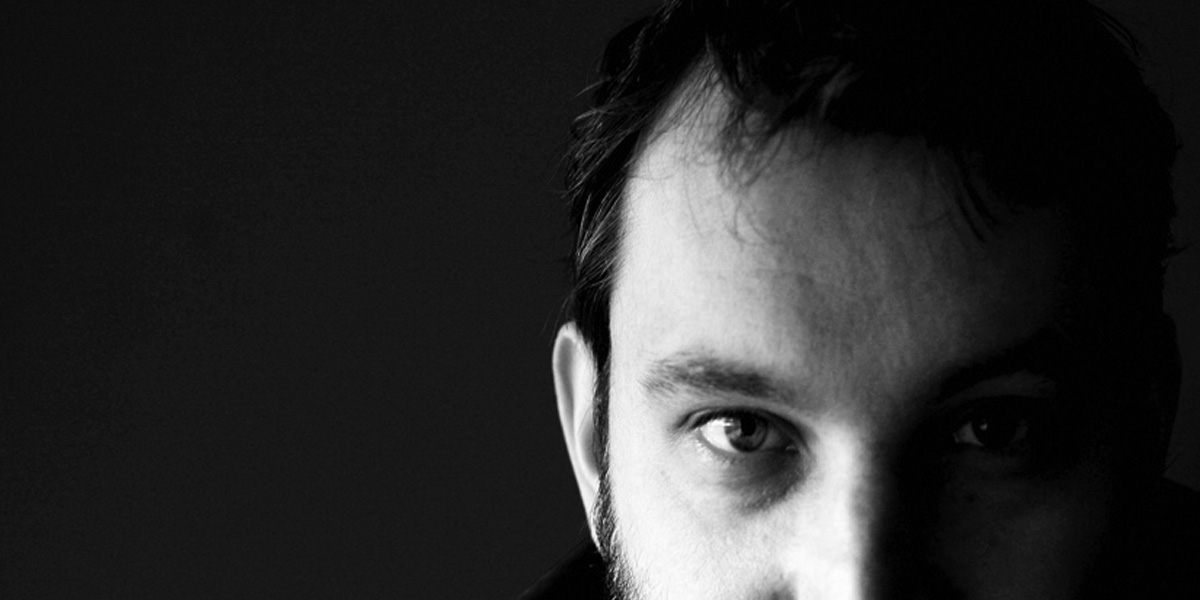Health and care: My life as an anonymous carer
Hello, my name is Simon and I am a carer. 31st May, 2005. That’s my carer date. At the time of writing this, I have been caring for my wife, who has progressive MS, for just short of nine years. I’ve...
Hello, my name is Simon and I am a carer. 31st May, 2005. That’s my carer date. At the time of writing this, I have been caring for my wife, who has progressive MS, for just short of nine years.
I’ve worked on market stalls, in factories, I’ve been a postman and a civil servant, but I can say, without a doubt, that being a carer is the hardest job I have ever done. For me, it’s relentless graft. There is little, if any, respite during the day. I have to laugh at the notion that what I do is ‘informal care’. Because it feels bloody formal to me. Every care assessment my wife has had treats me as the ‘second carer’. Yet my name is the one my wife calls out when she needs something, when she’s in difficulty. I’m the one who gets up at 3am to deal with her pain, or if she bypasses her catheter. Then get up again at 8.30am for a ‘normal’, full day’s caring.
I write a blog – occasionally – when time allows and the inclination strikes. I keep it anonymous for a few reasons. Primarily, to try and protect my wife as a vulnerable person while allowing me an outlet.
But lately, the attitude of the coalition government and their media supporters toward disabled people – and by extension, carers – has vindicated my decision to write anonymously. Discrimination against disabled people seems to be acceptable to an increasingly significant section of society. I’ve no intention of exposing my wife to the dark heart of the internet troll.
Anonymity also allows me to write about very personal things that I might not want to divulge to people I know. Issues like the effect that caring has had on my mental health. It’s embarrassing to admit that the stress of being a carer has driven you to breakdown. It’s embarrassing to admit you have to take medication every day just to get by.
Government policy in this area must account for the fact that the needs of carers are inextricably linked to the needs of the disabled person they care for. Things have improved but, to me, there is a long way to go until carers are given their proper due.
My first carer’s assessments were done by a charity on behalf of a local council, not by a trained social worker with in-depth knowledge of the social care system and the budgets allocated by their council. It wasn’t until we moved to where we live now that I was offered respite on a regular basis. By this time, I was very close to what Hugh Marriott describes in The Selfish Pig’s Guide to Caring as ‘burnout’.
But a good government can help stop carers from burning out. Just as a disabled person should have continuously assessed, holistic health and social care, a carer needs something similar. We need help. It’s a myth that a carer’s stress can be ‘cured’ by having an assessment of their needs. It’s not much good having an assessment if there’s no practical help available at the end of it. Good social work for carers means that practical help is there and properly funded. Caring is a chronic condition that has to be managed continually for as long as you are a carer.
You can try to beat this by throwing money at the problem but when we read the news, we see the headlines that tell us that budgets are frozen or cut. With ever-decreasing funding for both health and social care provision for the disabled, who will meet the shortfall in need at the most basic level – the level of the individual who requires help? It’ll fall to ‘informal’ carers. All six million of us – 10 per cent of the total UK population.
The fiscal worth of carers to the UK is often kicked around during awareness campaigns. The last figure I saw was that carers save the UK £119bn per year. What we do is vital – both to those we care for and to the nation as a whole. We urgently need properly funded respite and assistance. Don’t condemn us to being anonymous.
